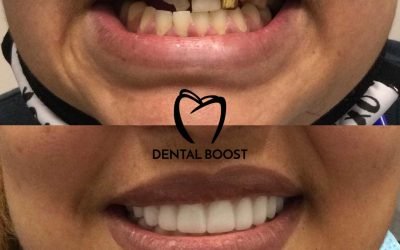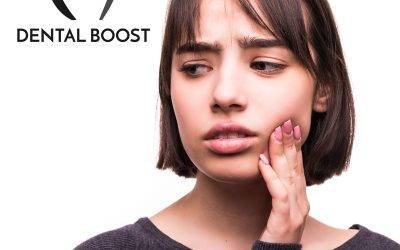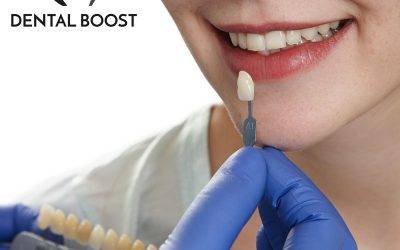Can dental cleaning damage teeth?
If you’re concerned about dental cleanings damaging your teeth, it’s important to know that they are safe and effective if you follow your dentist’s instructions for care afterwards. In this article, we’ll look at some of the ways that a cleaning can damage your teeth or gums and what you can do to prevent problems.
It’s natural to worry that a dental cleaning might damage your teeth or gums.
It’s natural to worry that a dental cleaning might damage your teeth or gums. But don’t worry! Dental cleanings are safe and simple procedures that help prevent gum disease, which can lead to tooth loss.
You should follow your dentist’s instructions for care afterwards, but there are no special precautions required after a dental cleaning–no “dental dam” or mouth guard or anything like that! You can even brush right away if you want; the hygienist will have already removed any plaque from inside your mouth during the procedure (this is why they ask you not to eat anything after lunch time).
If you experience any pain during this time, talk with them about ways they could make it less uncomfortable: maybe try some over-the-counter pain medicine before heading in?
The hygienist may need to file down any rough edges on the tooth’s surface.
The hygienist may need to file down any rough edges on the tooth’s surface. This is a common procedure, and it’s done for your safety. The hygienist needs to ensure that all of your teeth are smooth and free from rough spots or sharp angles where bacteria could build up and cause damage to the enamel.
You can avoid having this problem by flossing regularly and visiting the dentist for regular checkups. If you do notice any rough spots appearing on your teeth during a cleaning, let us know so we can address them right away!
The hygienist will examine your teeth and gums, looking for signs of gum disease or cavities.
The hygienist will examine your teeth and gums, looking for signs of gum disease or cavities. They may also use a tool called an oral cancer screening device (OCSD) to check for signs of oral cancer.
If the hygienist finds any problems with your teeth or gums, they will give advice on how to prevent them from getting worse.
It can also change tooth color.
Dental cleaning can also change the color of your teeth. Teeth can become darker or lighter, more yellow or less yellow, more translucent or more opaque and even more brittle or flexible. If you have particularly sensitive gums, a deep cleaning may make your mouth feel like it’s on fire!
An infection can also cause pain, swelling, and fever.
If an infection is left untreated, it can lead to other serious health problems. Inflammation of the gum tissue and bone around teeth (periodontal disease) can cause tooth loss if not treated, but it’s also linked to heart disease and stroke.
An infection in your mouth may spread even if you don’t have any symptoms. An abscess is a pus-filled mass that forms when bacteria infect soft tissue inside or around your teeth or gums; it hurts when you bite down on something hard like bread crusts or nuts because there’s pressure on those areas from swollen tissues surrounding them. If an abscess doesn’t heal after two weeks with antibiotics, surgery might be necessary to drain out all that nasty stuff inside before it spreads further into other parts of your body via bloodstreams called sinuses–which means more pain!
Osteomyelitis (bone infections) are another common dental problem associated with poor oral hygiene: microscopic organisms enter into tiny cracks in teeth or fillings where they thrive without competition from beneficial bacterial strains naturally present inside mouths; these pathogens then travel through blood vessels until reaching bone marrow where they multiply rapidly without needing oxygen since there are no red blood cells nearby providing oxygenated hemoglobin molecules needed for survival purposes.”
Dental cleanings are safe and effective if you follow your dentist’s instructions for care afterwards.
After a dental cleaning, your dentist will give you instructions for the care of your teeth. These may include:
Brushing and flossing regularly. A regular routine of brushing and flossing can help prevent gum disease, which can lead to tooth loss if left untreated. You should brush at least twice daily using fluoride toothpaste that has been approved by the American Dental Association (ADA). Floss once per day to remove food particles from between teeth and under gums where a toothbrush cannot reach them
If you’re worried about undergoing a dental cleaning, don’t be! It’s a safe and effective way to keep your teeth healthy. Just follow your dentist’s instructions for care afterward and you’ll be good to go.
Now Offering New Patient Specials!
NO MEDICAID
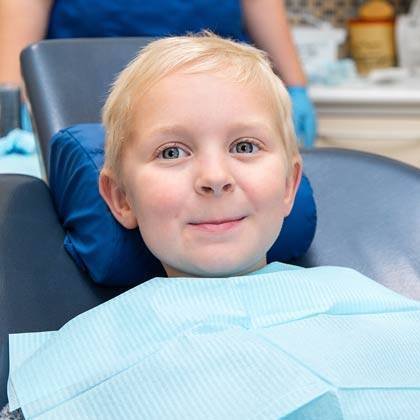
$29
Kid's Complete
Checkup
(Reg. $244). Includes: exam, cleaning and X-rays and fluoride.
*Under age 14
ADA: D0150, D0210, D1120
Get this offer

$59
Cleaning
Exam & X-rays
(Reg. $299). Includes: exam, cleaning and X-rays.
*In absence of gum disease
ADA: D0150, D0210, D1110
Get this offer

$39
Emergency
Exam
(Reg. $299). Includes: exam and X-rays. Fee waived if procedure completed
ADA: D0140, D0220
Get this offer
More readings
Unveiling the Truth About Teeth Whitening Strips
A Glimpse into Today's Dental Innovations and Practices The dental market, valued at USD 36.08 billion in 2022, is witnessing significant growth, especially in segments like cosmetic dentistry, including teeth whitening solutions. With technologies advancing and...
Are Dental Implants Worth the Expense
In the evolving landscape of dentistry, one question frequently emerges: Are dental implants worth the expense? Let's delve into this query, considering the latest market trends and how practices like Dental Boost in Hialeah stand in this dynamic industry. The Rising...
Should You Get Porcelain Veneers
Hey there, smile enthusiasts! Are you pondering over whether porcelain veneers are your ticket to a dazzling smile? Well, you're in the right place to get all the sparkling details! Let's dive into the world of porcelain veneers with a sprinkle of humor and heaps of...
The Hidden Danger: How a Tooth Infection Can Become Life-Threatening
Does the phrase 'a tooth infection' seem trivial to you? Well, think again. As a long-standing dentist in Hialeah, I, Dr. Gabaldon, am here to shed light on the potentially severe consequences of a seemingly harmless tooth infection. Your Mouth, The Gateway Firstly,...
The Versatility of Dental Bonding: How It Can Help You
Hello everyone, I'm Dr. Gabaldon, your trusted dentist in Hialeah. Today, I'd like to guide you through the versatile world of dental bonding. This procedure is not only versatile but also effective, offering a solution to various dental concerns. Don't worry; we'll...
Understanding the Invisalign Journey: How Long Does Invisalign Take?
When considering orthodontic treatment options, one question often pops up - "How long does Invisalign take?" At Dental Boost, your leading dental office in Hialeah, FL, we understand your concerns and are here to provide answers.The length of your Invisalign...
